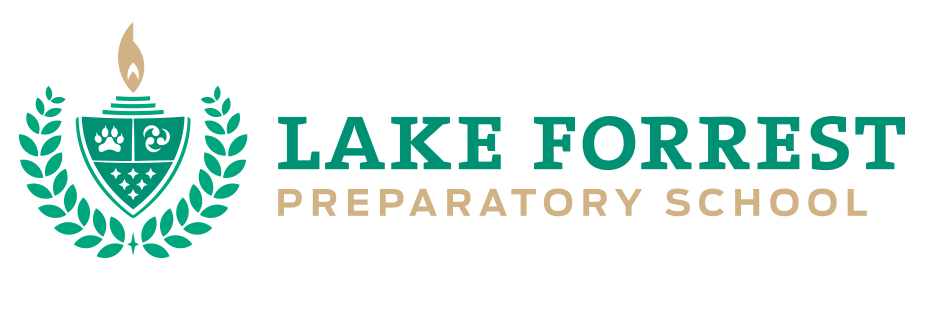Healthy friendships play a vital role in your child’s social, emotional and psychological development. While childhood friendships are mostly full of fun and joy, conflict can arise. Whether it’s a disagreement or someone’s feelings were hurt, helping your child navigate these tough moments in their friendships will help them develop conflict resolution skills that will serve them throughout their life. Here’s what you can do:
Actively Listen and Validate
When your child expresses that they’re going through a tough moment with one of their friends, your first job is to listen. Children, no matter their age, need to be seen and heard, especially when dealing with big emotions. As a parent, it’s important to offer a listening ear and a safe place for them to vent their frustrations when these tough moments arise.
Remember to actively listen without judgment. Avoid interrupting them and offering solutions right off the bat. Instead, allow them to get it all out, and acknowledge their emotions. Focus on acknowledgements like, “It sounds like your feelings are hurt by this situation. That’s understandable.” Validation in these sensitive moments is crucial.
Talk Them Through It
Once your child has had a chance to vent and their emotions start to settle, begin talking them through it. Ask open-ended questions to help them better understand all sides of the conflict. Encourage them to try to view the situation from their friend’s point of view. They may find this difficult at first, so guide them with questions like, “You expressed that you felt hurt when this happened. How do you think your friend was feeling?” Explain that there are different perspectives to every conflict, and it’s important to consider all sides when working through it. This not only helps them work through their current frustrations but also helps them develop empathy for others.
When children experience hurt feelings or conflict with a friend, they might believe that the friendship is over. That’s why it’s important to talk through it, helping them understand that tough moments happen in friendships all the time. It doesn’t define the whole friendship or mean that it’s over; it just means they have to work together to resolve it.
Brainstorm Solutions
Once your child has identified their emotions and what role they played in the conflict, help them come up with possible solutions. Focus on solutions that will effectively resolve the conflict and consider all sides. This is the time to teach your child about conflict resolution and compromise. In every friendship, compromise is necessary from both sides in order to reach a resolution. Help your child understand this and consider how they’re willing to compromise to solve the problem.
Help Your Child Communicate
After you and your child have brainstormed possible solutions, help them think about how they can communicate with their friend. Help them identify how to choose their words to express how they feel. Focus on “I feel” statements. Explain that this will help their friend understand where they’re coming from. It’s equally important for them to understand that they will also have to listen to how their friend feels. Explain to your child the importance of a sincere apology once all parties have expressed their side. Sometimes, the best conflict resolution ends with an “I’m sorry” and a pinky promise!
Set a Good Example
While these are all good ways to help your child move through an active conflict in their friendships, the best way to teach them how to navigate tough moments is to set the example. Always model healthy behavior for them to mirror. When you run into conflicts or when your feelings are hurt, make sure your child sees you practice healthy conflict resolution. Your child learns more from observing your actions than from your words.
Watching your child navigate tough situations in their friendships isn’t always easy, but you can help them work through it in a healthy way. At Lake Forrest Prep, we understand the importance of friendship in children’s lives. That’s why we help our students grow into thoughtful, empathetic individuals who create long-lasting friendships. Tour our K-8 preparatory school today by calling us at (407) 331-5144 or contacting us online.


